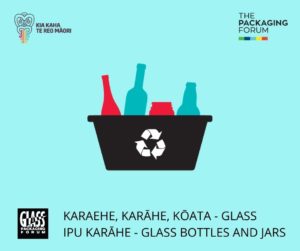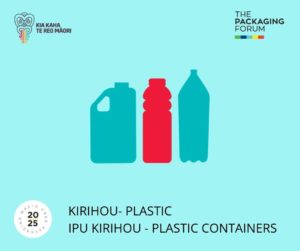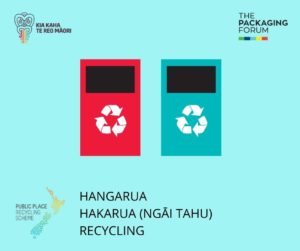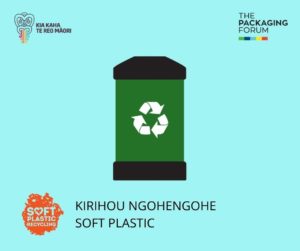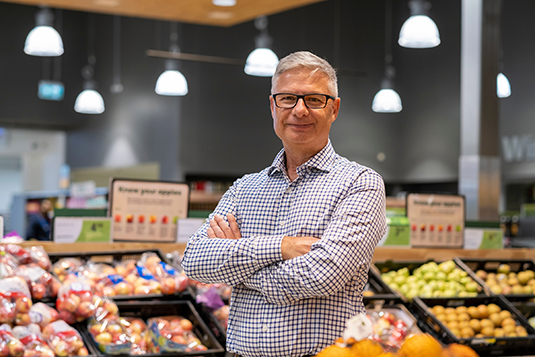Business isn’t known for welcoming government regulation, but the news that plastic packaging will be regulated is cause for celebration by all of us who care about our impact on our environment.
That includes businesses already contributing to better environmental outcomes for their packaging and shouldering the cost through voluntary stewardship schemes. Regulation allows for the removal of ‘free-riders’ – businesses which have previously not participated.
Now all Importers, manufactures and brand owners whose goods use plastic packaging will have to contribute to schemes that address its environmental impact. So work begins designing what effective regulated product stewardship looks like in New Zealand. The Packaging Forum members are up for the challenge.
Where packaging already has a voluntary stewardship scheme, (such as The Packaging Forum’s Soft Plastic scheme), they can work to transition to a regulated model. With everyone on board, the opportunity to scale up the impact with more comprehensive solutions is exciting. For packaging types where no scheme exists (e.g. rigid plastic packaging), they will have to be designed.
We are looking forward to working on behalf of our members with the Ministry for the Environment, local government, the resource recovery sector and key community and industry groups on scheme co-design.
I believe there are clear criteria that contribute to success for a product stewardship scheme.
Whole of life cycle, circular approach
The most successful schemes don’t just deal with end-of-life solutions and aren’t just collection systems. They have whole life cycle approach. They encourage product design that removes unnecessary packaging and promotes materials which have a higher recycling value. Other aspects of the life cycle they can address are effective collection, processing infrastructure and demand for material with a high recycled content. In some cases, reusable or refillable packaging may be part of the answer.
Our Soft Plastic Recycling scheme highlights the importance of this approach. When popularity with consumers and collections quickly outgrew processing capacity, the scheme had to be temporarily suspended. New processors were found onshore who worked to develop end markets for their recycled products. The scheme is now back up and running in 74 locations across the North Island, and looking to expand further as new processing capacity develops.
Business led
Regulation simply sets the scene for solutions. Business will provide the mechanisms, infrastructure and innovation for them to be carried out. Business must lead the co-design of schemes in collaboration with local and national government, the resource recovery sector and key community groups.
Our Glass Packaging Forum scheme has shown that collaboration with key stakeholders for investment in pragmatic solutions can have a big impact. Our grant funding to bolster efficiencies in the South Island saw over 340% growth in the volume of glass returned for recycling through one processor alone between 2017 and 2019. It’s investment like this that has helped it reach a recovery rate of over 70% of container glass for recycling and reuse.
Easy for consumers
While there will always be people who choose not to recycle, the more convenient it is, the more likely they are to do it. Whether it’s access to kerbside recycling, clear and useful recyclability labelling, or colour-coded recycling bins in public places, consumer engagement is a must-have in any stewardship scheme.
Onshore solutions
We’ve seen what happens when there is too much reliance on overseas recyclables markets. A lack of onshore capacity left New Zealand and much of the world exposed and sending recyclables to landfill when other countries effectively shut the door. Taking responsibility for our own packaging onshore isn’t just the right thing to do, it’s an investment in employment opportunities and New Zealand’s economic resilience.
The right packaging choices protect our food, our goods, and us. Now we have an opportunity for those choices to keep our environment safer from harm too.
